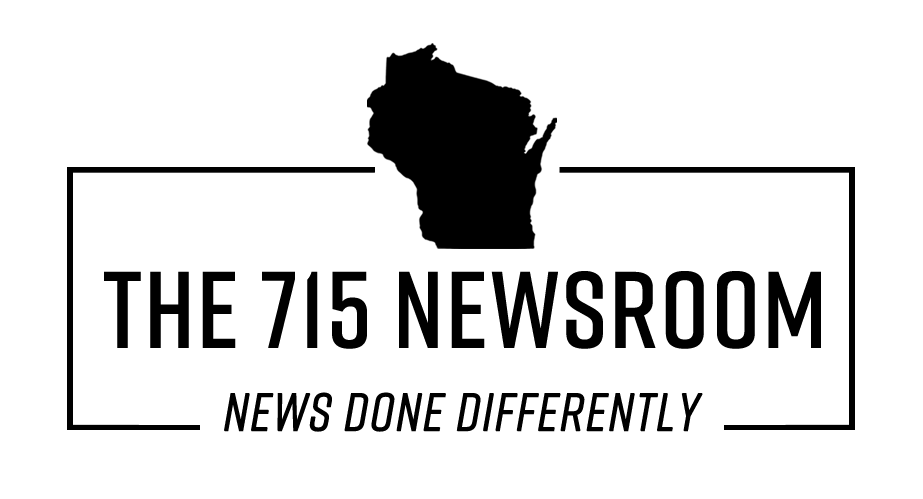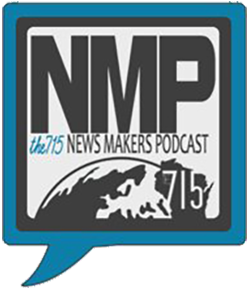Healthcare meets the classroom with a local investment from Marshfield Clinic. Below is the information about the upcoming additions to schools in our area.

Today’s children and youth must navigate a complex, academically competitive, and ever-changing world. Overwhelming evidence demands that we complement the emphasis on academics with the expansion of social and emotional skills, and competencies that are equally important for students to succeed in school and in life.
To address these demands, Marshfield Clinic’s Center for Community Health Advancement is supporting the implementation of its Social Emotional Learning (SEL) Life Tools program curriculum in 37 school and afterschool programs in 25 school districts across Wisconsin.
“We’re proud to support the SEL-Life Tools program across schools and afterschool settings,” said Jay Shrader, Vice President of Community Impact and Social Accountability at Marshfield Clinic. “This initiative reflects our commitment to helping students build the emotional and social skills they need to thrive both in and out of the classroom.”
Marshfield Clinic child psychologists Dr. Michael Schulein and Dr. Kelsie-Marie Offenwanger developed the SEL curriculum, which is built from the foundation of therapeutic techniques and focuses on developing social emotional tools that youth can use to thrive in their day-to-day lives.
The curriculum includes the Life Tools program, which is an eight-week course consisting of weekly one-hour group sessions conducted during afterschool hours facilitated by a school counselor, school social worker or a credentialed professional counselor for identified youth ages 7-14 experiencing social emotional and/or mental health difficulties.
The Life Tools program starts with an intentional time for standalone social and emotional learning. Facilitators can then start to look for ways to authentically weave the tools into their day-to-day interactions at school, while students look for ways to integrate the tools across settings. Children and youth notice when teachers, school leaders, and family members have positive relationships with one another. This implicitly models the Life Tools for them and positively reinforces the tools being used.
“The Life Tools curriculum turns everyday moments for children, youth, and their families into meaningful opportunities for emotional growth,” said Dr. Kelsie-Marie Offenwanger, child and adolescent psychologist in the Department of Psychiatry & Behavioral Health. “Each session provides young minds with essential tools of resilience and empathy, paving the way for success and ensuring that every child feels a true sense of belonging.”
Center for Community Health Advancement is supporting the implementation of the SEL-Life Tools program in the following schools and afterschool programs:
- D.C. Everest Area School District
- Columbus School District
- Mayville School District
- School District of Fall Creek
- Nekoosa School District
- Barron Area School
- Tomahawk Elementary School
- Loyal Elementary and Middle School
- Dodgeland School District
- Chequamegon School District
- Stratford School District
- Wild Rose School District
- School District of Crandon
- Spooner Area School District
- Beaver Dam Unified School District
- Lake Holcombe School District
- Wautoma Area School District
- Lac du Flambeau Elementary School
- Port Edwards Elementary School
- Marathon Venture Academy
- Horicon School District
- Superior High School
- School District of Crandon
- School District of Flambeau
- Stevens Point Area Public School District


